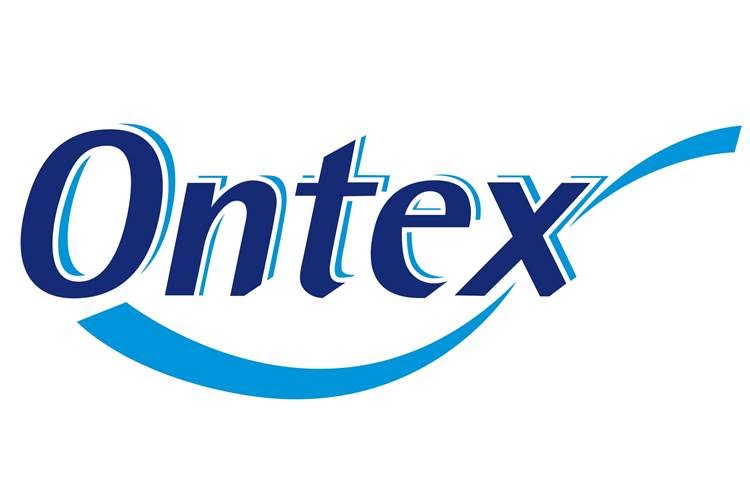Despite so much openness about health and wellbeing, incontinence is still a taboo subject. Many people simply don’t want to talk about incontinence, yet it is estimated that in the in the UK alone there are between three and six million people living with it.
Ontex Healthcare is committed to encouraging people to talk about incontinence at every stage in life. In the wake of Covid-19 pandemic there is a much greater focus on self-care at home and this applies to all ages, but is particularly important for those who live alone in our communities.
In the UK 3.8million individuals over the age of 65 live alone, 58% of whom are over 75, around 2.2million individuals. It is also a fact that older adults who live are:
If you’re caring for someone living at home who is struggling with incontinence, these top five tips may help:
5. Use the right incontinence products – It can be completely overwhelming when there is so much product choice, which is why iD is here to try and provide products for all levels of incontinence from light to severe. Ontex has recently re-launched its iD Expert Slip and iD Expert Form brands, designed to support for those with moderate to heavy levels of incontinence.
The iD Expert Slip range has been designed for those who no longer feel they have control of their bladder and when urine leakage is heavy and cannot be controlled in any manner. These all-in-one products will help to manage moderate to heavy incontinence and have anti-leak cuffs and waist elastication to ensure a snug fit with a high level of absorption.
The iD Expert Form range has been designed for heavy urine leakage that cannot be controlled. The pads feature an odour control system that locks in any odours to keep you feeling fresh.
Don’t struggle with incontinence, find a perfectly tailored solution that suits you and your level of incontinence.
For more information visit www.id.direct.com or call our helpful advisory team on 0800 389 6185






